How to stop using Google if you don’t agree with the terms of service
Google is changing its terms of service at the end of next month, and if you don’t like the changes, then here’s what you can do.
Advertising giant and sometimes search engine Google is asking for 10 minutes of your time to read its “simplified” new terms of service which come into effect at the end of March.
The company understands how “tempting” it is to skip the confusing documents few people actually read, and which would take you several hours if not multiple days to properly digest if you reviewed the policies of all the web services and applications you use across your smartphone, tablet or computer.
That’s why it has moved to make the terms of service simpler to understand.
It could also be the result of the Australian Competition and Consumer Commission explicitly highlighting complicated terms of service agreements in last year’s Digital Platforms Inquiry.
“There is a substantial disconnect between how consumers think their data should be treated and how it is actually treated,” the consumer watchdog’s report said.
It went on to blame the “length, complexity and ambiguity of online terms of service and privacy policies” for the disconnect, and recommended the policies be simplified.
The ACCC also called out the use of “clickwrap” agreements (the ones where you agree to terms of service and privacy policies by signing up to a website without actually being asked to read them) used by Google, Facebook and Twitter.
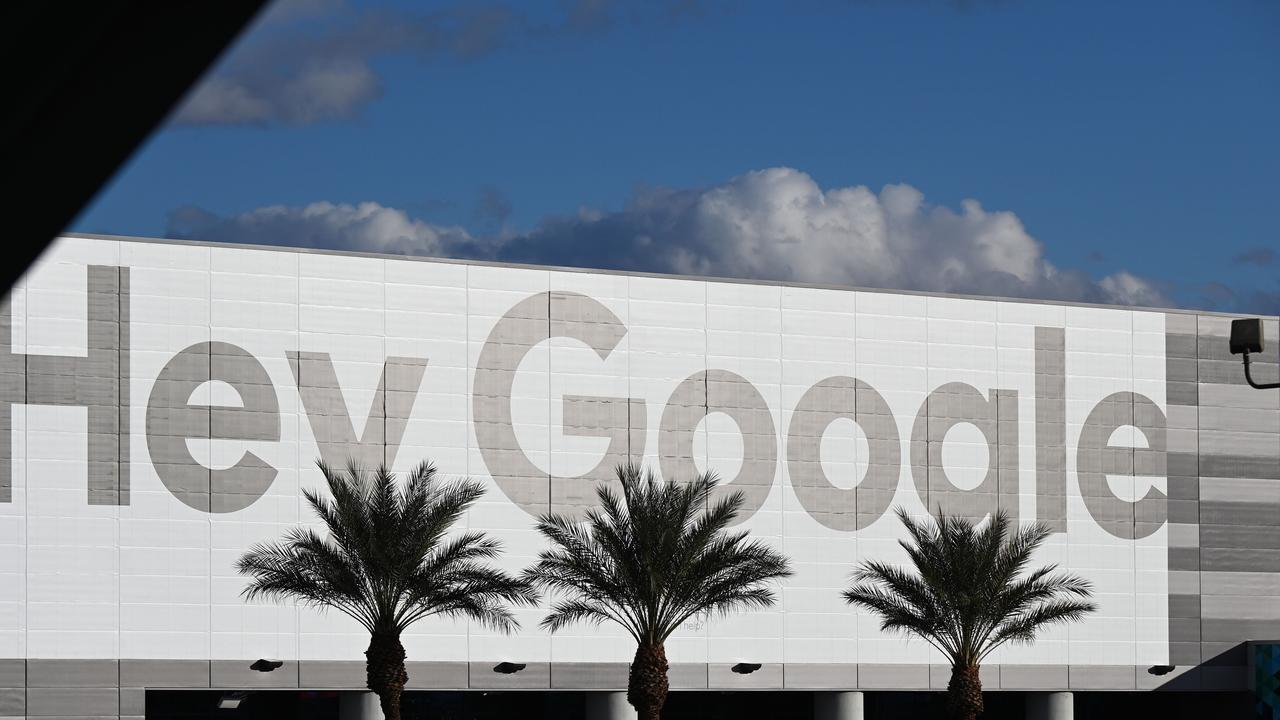
RELATED: Why you should use a VPN
“The use of clickwrap agreements is likely to contribute to consumers’ tendency not to read online terms of service or privacy policies, creating significant information asymmetry between consumers and digital platforms regarding the terms of their agreement,” the ACCC reported.
The Commission noted it wasn’t just digital platforms that used clickwrap agreements, specifically noting news organisations Nine (which now owns Fairfax) and News Corp (publisher of this website) also use clickwrap agreements.
A survey by the Commission found 18 per cent of people said they read the policies most or every time. 60 per cent said they rarely if ever did.
The report also highlighted the use of “take-it-or-leave-it terms”, which allow digital platforms to “unilaterally set the terms of use” as well as change them at will, whereas consumers are only able to decide whether or not to use a service.
While Google may be taking one recommendation from the inquiry on board by “simplifying” its terms of service so that it will now only take you around 10 minutes of dedicated reading to finish, it is still using the take-it-or-leave-it terms the ACCC identified as contributing to power imbalances because consumers don’t really have any option but to accept, and “may provide nominal consents to terms and conditions even when they are uncomfortable with them”.

RELATED: Read this before your emails
The ACCC also criticised the take-it-or-leave-it terms for big platforms like Google and Facebook due to a “lack of viable alternatives”, and those that do exist are “unlikely to be fully substitutable”.
Two-thirds of people reported being uncomfortable with the terms of using a vital service, but 73 per cent of them said they signed up anyway because it was the only way to access the service.
While indeed the Commission is right about alternatives not always being fully substitutable, there are still alternatives if you don’t agree with Google’s terms of service and want to go elsewhere.
That’s what the company recommends after all.
“Of course, you’re always free to stop using our services at any time,” the company said in its new terms of service that comes into effect on March 31.
So here’s how you can try and accomplish that almost impossible task.
GOOGLE CHROME: BRAVE BROWSER
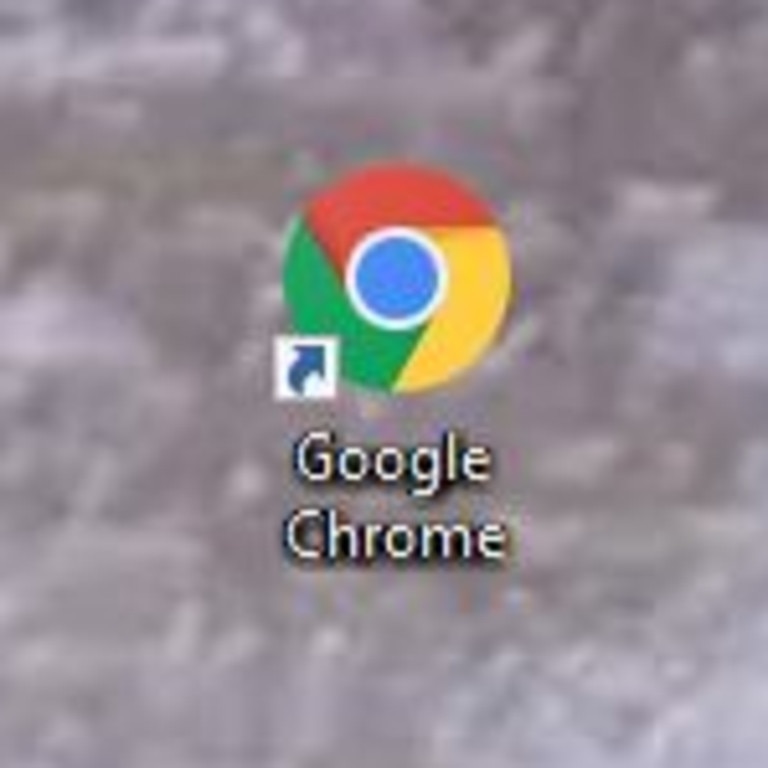
Google Chrome is the most widely used web browser on the planet. You’re probably reading this article on it, particularly if you’re on an Android smartphone device where it comes pre-installed. Browsers have come a long way since the early days of the internet and now do things like track you across websites so that it can see how you got there and serve up targeted advertising based on where you came from.
The Brave browser aims to take a different approach, and it’s aiming high.
“Brave is on a mission to fix the web by giving users a safer, faster and better browsing experience while growing support for content creators through a new attention-based ecosystem of rewards,” the company said on its website.
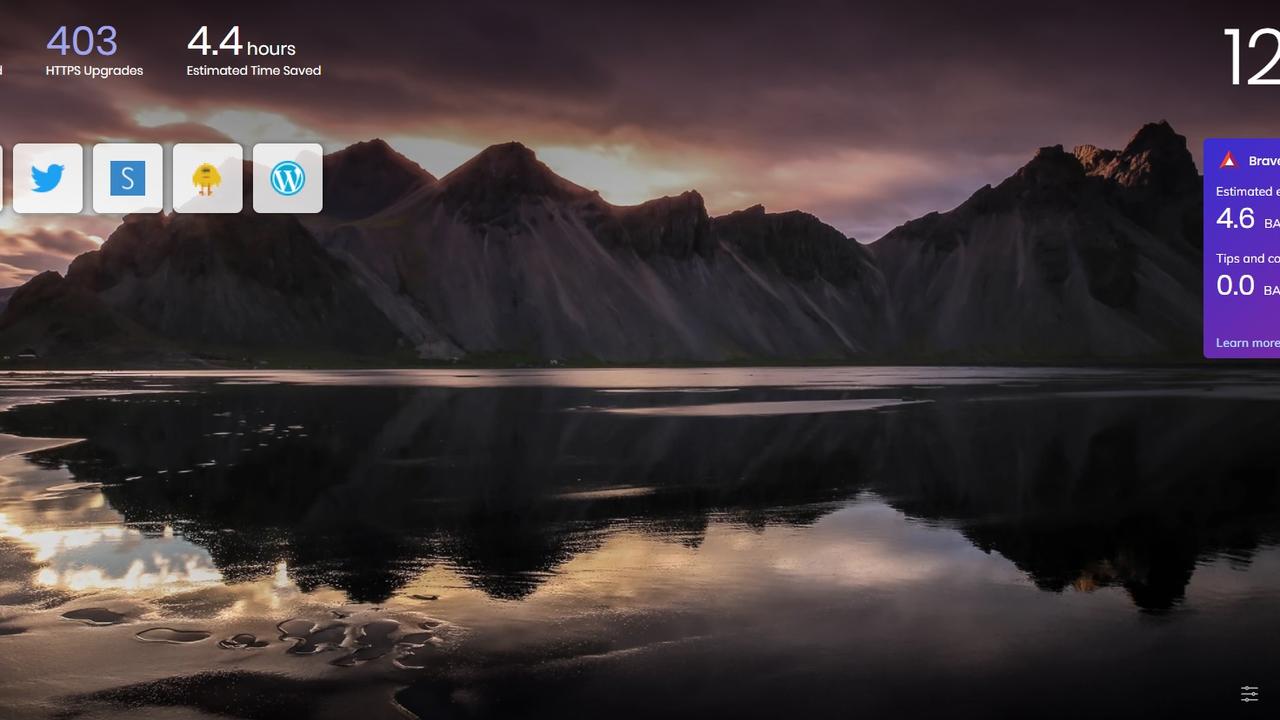
Brave browser doesn’t use trackers. By its own claim (and the anecdotal claims of others), it loads web pages faster and doesn’t collect data on your browsing activity.
It also comes with in-built security features to keep you safer online, and has its own currency that allows you to contribute to the websites you like so they can stay in business.
GOOGLE SEARCH: DUCKDUCKGO
Another titbit from the Digital Platforms Inquiry is that 95 per cent of Australians have Google search as their default search engine, as it’s the default search engine for both the Chrome browser installed on Android phones and the Safari browser on Apple’s products. When you include desktop browsers it drops down to a still sizeable 80 per cent.
Google was the first search engine that really worked but in recent years some have grown concerned about its excessive advertising, zero-click strategy (where it serves up the answer to queries in the search without paying the websites whose content it uses) and tracking.
DuckDuckGo is a long-running protest against Google that began in 2008, focused on privacy. DuckDuckGo claim it doesn’t track your searches, encrypts your connections, and blocks hidden trackers.
While Google has a separate privacy policy that’s supposed to be read in tandem with its new “simplified” terms of service, DuckDuckGo’s privacy policy is much, much simpler.
“We don’t collect or share any of your personal information.”
That’s it.
GMAIL: PROTON MAIL
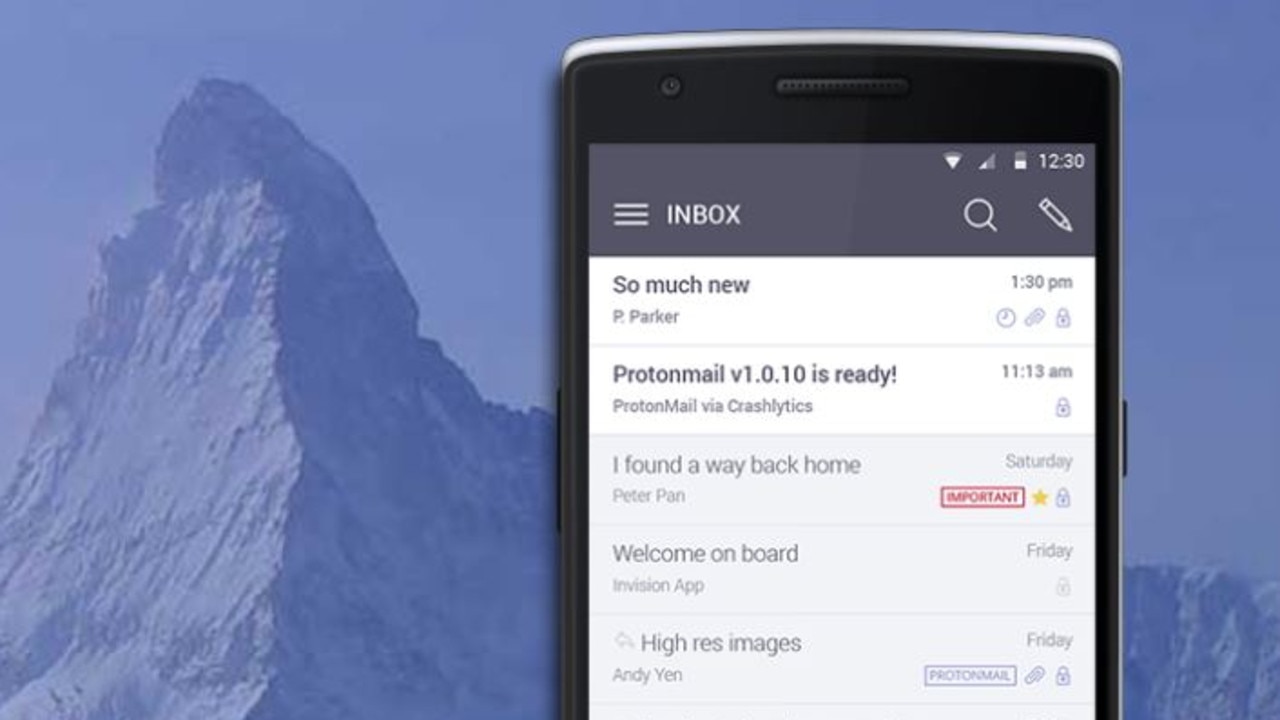
RELATED: Scared Facebook staff do sickening job
If you follow enough blue-tick-big-J Journos on Twitter you’ve probably come across a few Proton Mail addresses already.
The Swiss-based encrypted email company also claims to be on a mission aimed at “building an internet that protects privacy”.
It’s starting with email.
Proton Mail is free like Gmail, but it doesn’t give you as generous an amount of storage (500MB on the free tier, whereas Google gives you 15GB).
With the way email is used now you probably get too many emails as it is. The best thing to do is to keep a regular, Gmail-esque email (whether that’s actually Google’s one or a competitor from Mircosoft Outlook, Yahoo Mail, or Apple’s iCloud Mail) for your junk emails, marketing offers and the like.
A secondary, more secure and private email from the likes of Proton Mail gives you something you can use for sensitive business, close friends and family, and generally anything else you’d rather keep private.
GOOGLE DRIVE: FLASH STORAGE

Google Drive is a cloud backup and storage service similar to Dropbox or Apple’s iCloud.
While it gives you a convenient place to store files where you can access them anywhere you have internet regardless of device, if you don’t want to accept Google’s new terms of service sadly you won’t be able to use it.
While it’s a low likelihood, and the cloud storage industry learned significant lessons from the big iCloud leak of 2014, there’s also a chance hackers could compromise your account and look through your documents from the comfort of their mother’s basement (or if you’d like a more accurate stereotype of the modern “hacker”, from their glass walled corporate office).
Previously they’d have to break into your actual house and start rifling through the shoebox labelled “important files — don’t throw out”, but now it’s as simple as finding your already leaked login credentials on a dark web forum, if you’re using the same password for everything, which you shouldn’t be but in all likelihood probably are if you’re a normal person with a normal memory.
If you want to protect your documents, backing up to multiple, tangible flash storage formats could be your best bet.
There’s also more, better options for this than there used to be as well.
Flash storage is faster than downloading stuff in most cases, and it comes in all sorts of shapes and sizes.
There are external SSD drives the size of a credit card, the USB flash drive you know already, SD and micro-SD cards to name a few, all available at regular electronics shops at a variety of pricepoints.
There can be a few hurdles with this approach though, such as keeping your storage in synch and accessing it on the go.
Smartphones in particular have been known to turn up their noses at external storage, but these are not insurmountable issues, particularly on Android powered smartphones.
But since Google runs Android too you have a bigger problem on your hand.
ANDROID OS: APPLE IOS
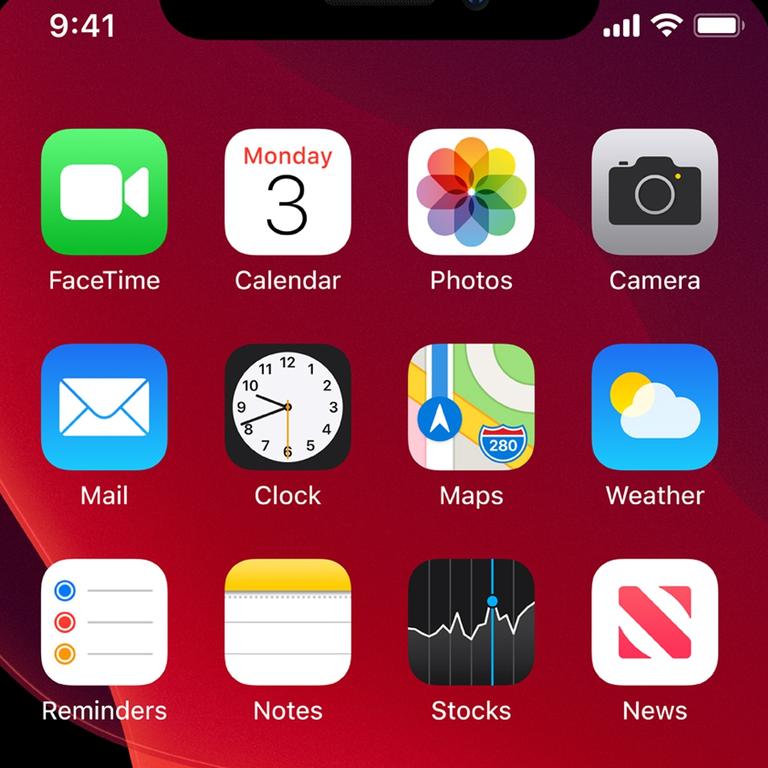
Android is probably the hardest arm of Google to escape as it powers pretty much every smartphone aside from Apple’s iPhones. Huawei has been forced into making its own operating system for its phones after a US government ban prevented it from using Android. Google is reportedly trying to get that ban overturned to avoid losing Android market share. Huawei was the second-biggest seller of smartphones with a focused eye on taking over Samsung for first, before the ban put those plans on hold.
Apple frequently touts its prioritisation of privacy for its customers and the ACCC noted it doesn’t use the clickwrap agreements that Google and others use for the creation of an Apple ID.
The Apple-developed software also has built-in solutions for other Google services like Maps as well as others mentioned above, but they can come with their own problems as well, including not always being as good.
It’s hard to call it a “viable alternative” for everyone, given iPhones start at $1199 for a new one, and budget Android smartphones are so cheap you’ll probably find one in your Weet-Bix box soon.
Of course, you’re always free to stop using Google services at any time, just like you’re free to have your home electricity disconnected, cancel your phone service, and have your water turned off whenever you’d like.
Are you all in on Google or running the other way? Have your say in the comments below.



